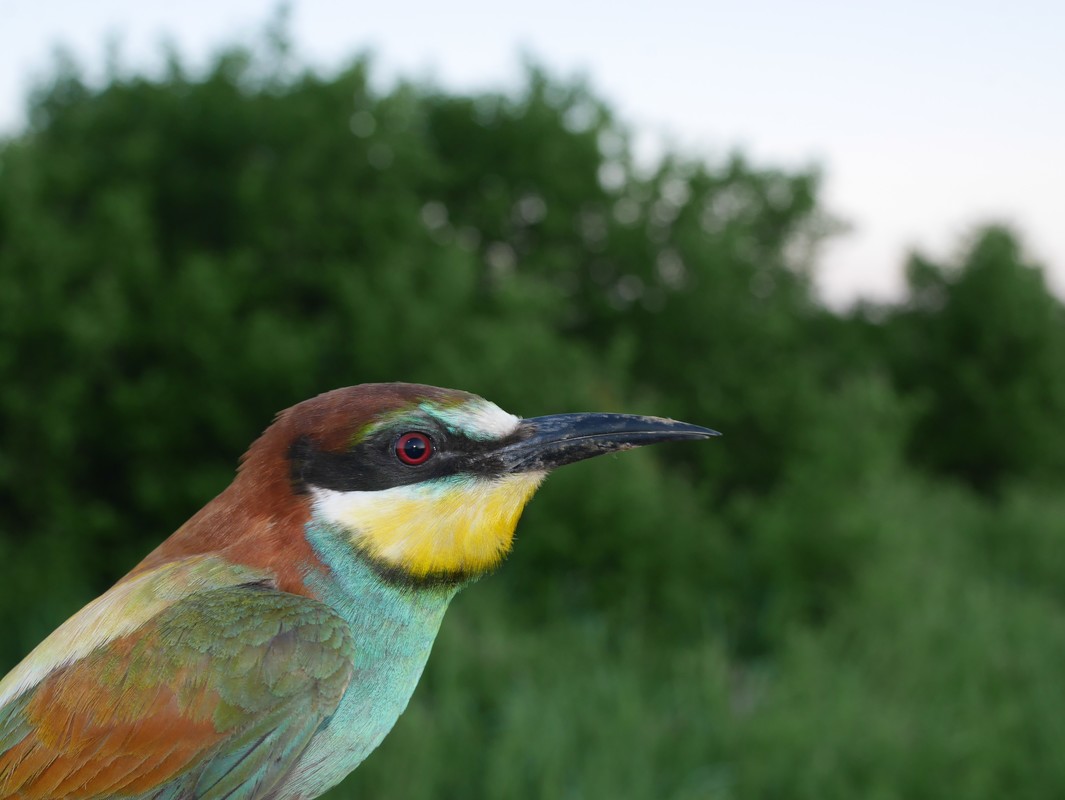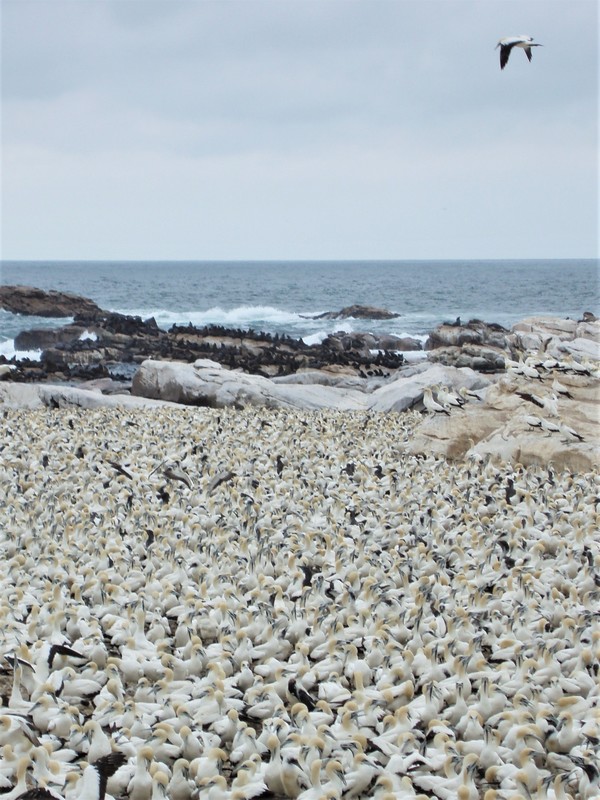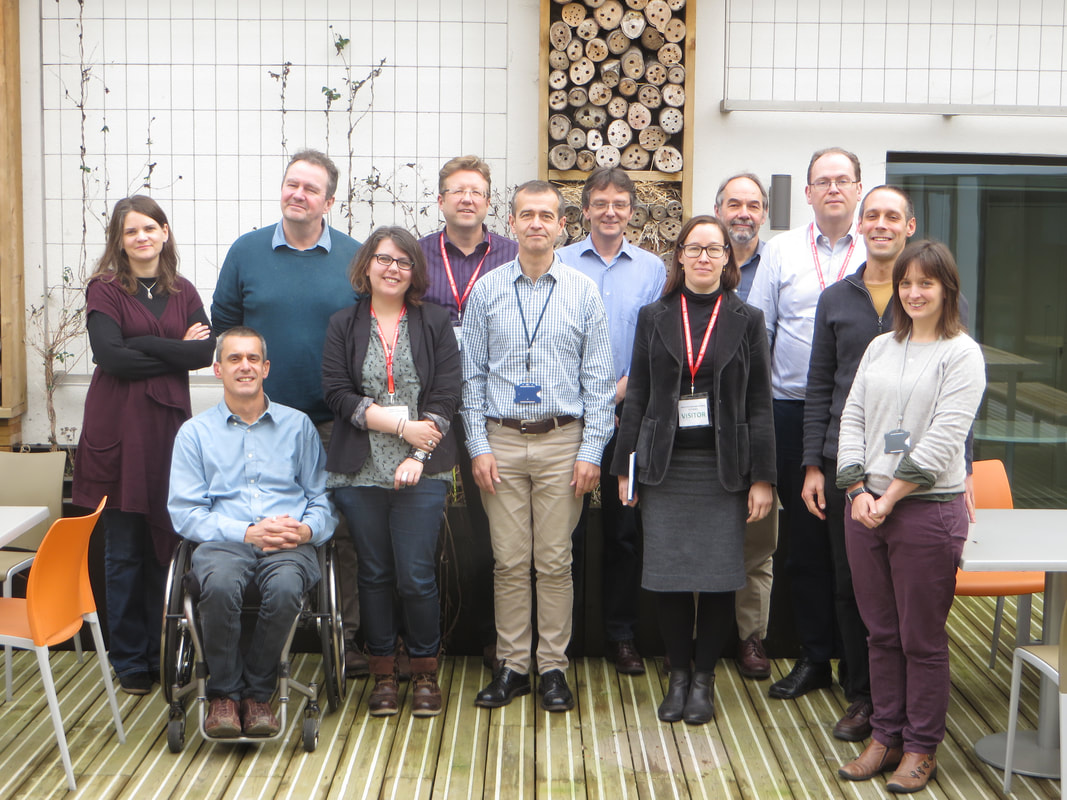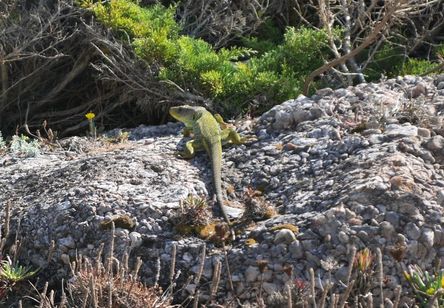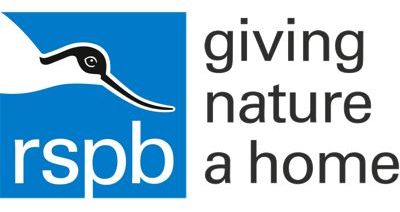-
About
-
Objectives & Outcomes
-
Criteria
-
Get involved
-
Documents
<
>
Project facts
Start date: 01/10/2017 End date: 31/03/2019 Funding: CCI Collaborative Fund for Conservation | |||||||
A number of initiatives and international conventions seek to address the issue of the declining state of the world's biodiversity, notably by implementing conservation actions and promoting sustainable development. Effective action requires to be evidence based to set clear targets and priorities, measure progress and appropriately report on impacts to the key stakeholders and actors to inspire further involvement. In this context, the production and dissemination of biodiversity information, such as biodiversity monitoring data, is primordial.
|
Monitoring biodiversity includes tracking changes in species' abundance and occurrence. It is particularly important to help assess the changing conservation status of species, measure and report on the impact of conservation plans or of threats on species, manage natural resources, monitor sustainability or environmental impact of businesses and help raise awareness of conservation issues.
While a considerable amount of data on species monitoring is already available, some gaps have already been identified and need further investigation. Furthermore, locating the sources, databases and methodologies is difficult and time-consuming, reducing access to relevant information for end-users, decision- and policy- makers. |
Supported by extensive and global network of partners and collaborators, this project aims to take stock of the distribution and coverage of species monitoring by undertaking a global audit of species monitoring schemes.
The project objectives are:
- To compile a global database on species monitoring schemes at multiple scales that include information on taxonomical, geographical and temporal resolutions, methodology, data availability and policy relevance.
- To identify the taxonomic and spatial gaps in species monitoring.
- To disseminate the key results and lessons learnt on the state of the world’s species monitoring
This project will benefit a large number of stakeholder. In particular it will help:
- guide future work of the IUCN SSC Species Monitoring SG to improve the availability and use of data on species populations, their habitats and threats.
- improve the monitoring of threaten species and Key Biodiversity Areas.
- support several Multilateral Environmental Agreements, including the Convention on Biological Diversity and the United Nations Sustainable Development Goals.
- contribute to the work of other global initiatives such as the Living Planet Index and GEO BON.
|
A range of partners, collaborators and experts met in November 2017 in Cambridge to develop a typology of monitoring schemes to help guide the process of deciding which to include in the review.
Because at this stage the aim is to perform a broad search at the global scale rather than an in-depth one, we decided to focus on producing a near-comprehensive audit of schemes that are primarily designed to track changes in species abundance or occurrence over time. In such an assessment, schemes should meet most of the following criteria:
|
- The major aim of scheme is to track changes in biodiversity over time
- The scheme should have a defined methodology
- Temporal, spatial and taxonomic resolution should be high
- It should aim to be long-running as opposed to provide a snapshot of current status
- Data collected should relate to species' or species communities' abundance or occurrence
GET INVOLVED!
|
| ||||||
In order to guide priorities for species monitoring and to improve the flow of biodiversity information between data collectors and data users, a comprehensive broad review of the data currently available is needed. The project is working with a range of global partners to compile a global database of species monitoring schemes and identify gaps in taxonomic and spatial data.
|
Please get in touch if you know of or are involved in species monitoring schemes to help us collect information
Send an email to [email protected] for initial contact. |
|
We are collecting global information on regional, multi-national and national level schemes. However, in the case of species or communities with restricted or specialised range, we'll also include schemes that are site, ecosystem, biome or habitat specific.
If in doubt whether your scheme fits our criteria, please get in touch anyway! |
Documents related to the project will be made available here for download and consultation.
|
| ||||||||||||
